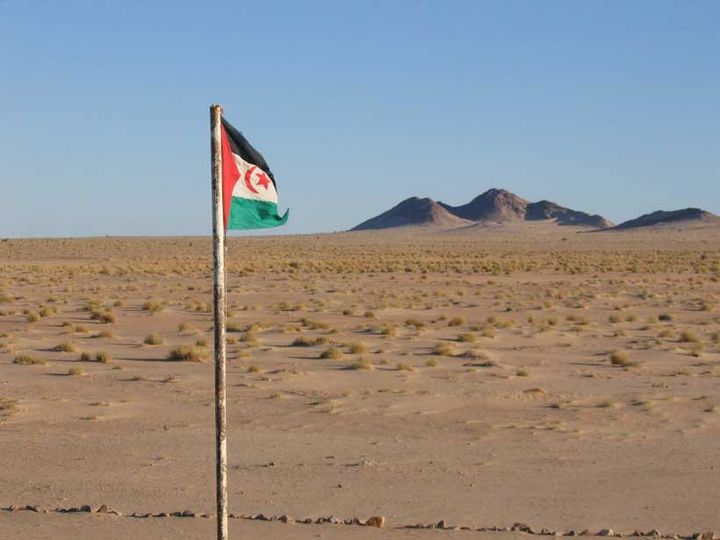
The US has become the first country to recognise Morocco’s claims over West Sahara, in exchange, Morocco has become the Arab nation to establish diplomatic ties with Israel since August.
Morocco has occupied the resource-rich territories of West Sahara since 1975, in defiance of the United Nations and the international community. Democracy Now highlights that during this occupation “thousands have been tortured, imprisoned, killed and disappeared while resisting the Moroccan occupation”.
Despite this, over 80 countries recognise the Sahrawi Arab Democratic Republic and it has been recognised as a full member of the African Union.
Morocco’s occupation
Morocco's occupation of Western Sahara can be traced back to October 1975, when both Morocco and Mauritania invaded the region as Spain's imperial presence was leaving. The conflict led to approximately half of the Sahrawi population fleeing to Algeria and triggering a 16 year-war for Sahrawi independence.
During this conflict, Moroccan forces gained the support of the US in fighting against the Sahrawi liberation movement known as the Polisario Front. Through US support, particularly from weapon manufacturers Northrop and Westinghouse, Morocco established the world’s largest minefield and created the second-long wall on earth.
This approximately 1,700-mile wall divides the Sahrawis into those who remain under occupation and those who have fled.
In 1991, the UN-supported a ceasefire and vowed that the Sahrawi would be able to hold a referendum on self-determination, organised by peacekeepers known as MINURSO. Morocco has consistently blocked such a referendum and the U.N. Security Council has refused to implement its own referendum plan or allow MINURSO to monitor the human rights situation in the territory.
International Backlash
The Trump administration’s decision to unilaterally accept Morocco’s claim over the territories has been widely condemned with the Spanish government maintaining that the US cannot impose a solution which bypasses the UN.
Bassam as-Salhi, a member of the Palestine Liberation Organisation’s executive committee, responded to the deal stating that it was ““unacceptable and increases Israel’s belligerence and its denial of the Palestinian people’s rights”.
Whilst the White House has maintained that “independent Sahrawi state is not a realistic option for resolving the conflict”, Stephen Zunes, Professor of International Politics at the University San Francisco, questions if a Joe Biden administration would be able to reverse the decision.
“The question is what Biden is going to do because Biden could reverse the annexation — recognition of the annexation with a stroke of a pen. But he’d be under a lot of pressure because then Morocco could use this as an excuse to nullify their recognition of Israel. So, Biden is going to be in a lot of pressure by pro-Israel groups not to rescind Trump’s order”.
Read more from Democracy Now and The Guardian
We need your support
Sri Lanka is one of the most dangerous places in the world to be a journalist. Tamil journalists are particularly at threat, with at least 41 media workers known to have been killed by the Sri Lankan state or its paramilitaries during and after the armed conflict.
Despite the risks, our team on the ground remain committed to providing detailed and accurate reporting of developments in the Tamil homeland, across the island and around the world, as well as providing expert analysis and insight from the Tamil point of view
We need your support in keeping our journalism going. Support our work today.
For more ways to donate visit https://donate.tamilguardian.com.

